
OR
Editorial
Accelerate CAAN’s unbundling to avoid EU’s aviation blacklist
Published On: June 12, 2023 07:30 AM NPT By: Republica | @RepublicaNepal

For over a decade, Nepal has been grappling with the consequences of being blacklisted by the European Union (EU) in terms of air safety. Despite the efforts of the Nepali side to convince them to take Nepali airlines companies off the blacklist, the EU continues to ban 20 Nepali airliners from operating within its member states. The main condition for Nepal's removal from the blacklist is the unbundling of the Civil Aviation Authority of Nepal (CAAN). It is crucial that the government takes swift action to address this issue and expedite the process of unbundling CAAN. The EU's decision to blacklist Nepali airlines companies stems from the government's failure to meet the EU's requirement of splitting CAAN into regulation and operational bodies. The EU has consistently emphasized this condition as a means to enhance safety measures and ensure compliance with international aviation standards. However, the government has shown apathy and a lack of urgency in addressing this critical issue.
The consequences of being on the EU's blacklist have been detrimental to the growth of Nepal's aviation sector. Nepali airlines are prohibited from operating flights to EU member states, while aircraft from EU member states can freely use Nepal's airspace. This creates an imbalanced and unfair situation for Nepali airlines, hindering their growth and restricting their access to lucrative international markets. The European Aviation Safety Agency (EASA) conducted a safety audit of Nepali airlines companies over the past year. Initially, the EASA showed optimism, but it expressed dissatisfaction with the government's slow progress in unbundling CAAN. The EASA's concerns highlight the urgent need for the government to take decisive action and expedite the unbundling process.
Echoing what the EU has demanded, the International Civil Aviation Organization (ICAO) has also called upon Nepal to split its civil aviation body into two entities – a service provider and a regulator. This recommendation aligns with the EU's requirement and further emphasizes the importance of unbundling CAAN for ensuring the highest standards of safety and compliance. However, despite the government's promises and pledges, the proposed bills to facilitate the unbundling have faced setbacks and remain pending in the Federal Parliament. The opposition from CAAN employees, who argue against privatization, should not impede progress towards improving aviation safety and lifting the EU's ban on Nepali airlines. The unbundling of CAAN does not necessarily equate to privatization but rather aims to establish a clear demarcation of powers and responsibilities, addressing the conflict of interest that arises from its current dual functions. It is essential to prioritize the overall safety and well-being of the aviation industry over individual concerns.
Interestingly, the existing system allows the Director General of CAAN to oversee both the issuance of tenders for significant projects and compliance with aviation regulations. This concentration of power and scope has contributed to the sluggishness in separating the civil aviation body. The reluctance to relinquish control has hindered progress and compromised Nepal's aviation sector. It is high time that the government takes decisive action and expedites the unbundling of CAAN. In fact, the proposed legislation has been in the works since 2009, and the continued delay due to bureaucratic hurdles is unacceptable. Nepal's reputation in the international aviation community is at stake, and the government must demonstrate its commitment to improving safety standards by fulfilling its obligations to the EU and the ICAO.
The unbundling of CAAN is not merely a requirement imposed by external entities; it is a step towards enhancing the aviation industry's safety and efficiency within Nepal. It will allow for more focused regulation and operational functions, ensuring that safety measures are prioritized and compliance with international standards is upheld. The government must prioritize the passage of the Civil Aviation Authority of Nepal Bill and the Air Service Authority of Nepal Bill in the Federal Parliament. These bills outline the necessary steps for the unbundling process and will pave the way for Nepal's removal from the EU's air safety list. Nepal cannot afford to further delay the unbundling of CAAN. The government must act swiftly, overcome internal challenges, and demonstrate its commitment to improving the aviation sector's safety and reputation. The unbundling process will not only restore the confidence of the EU and the international community in Nepali airlines but also create new opportunities for growth, collaboration, and enhanced connectivity in the global aviation market.
You May Like This

Nepal's efforts fall short as EU retains Nepali airlines on air safety blacklist
KATHMANDU, June 11: The European Union (EU) has refused to remove Nepali airlines companies from its blacklist. ... Read More...
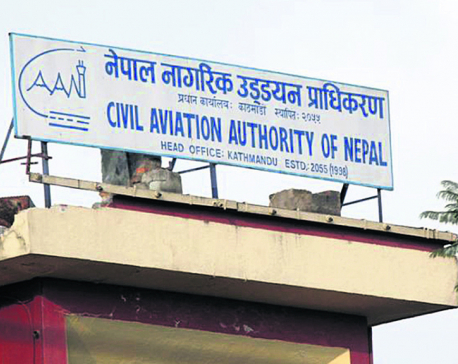
EU envoy welcomes decision to disband CAAN
KATHMANDU, August 17: European Union has welcomed the decision to split CAAN into a regulatory body and service provider. ... Read More...
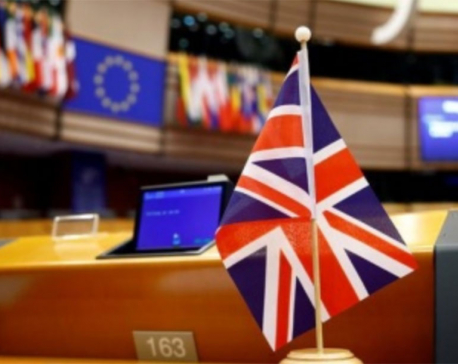
Compromise? Time ticking down for Britain to come to Brexit agreement
LONDON, April 7: Britain’s government held out the possibility of compromise on Sunday with the opposition Labour Party to try... Read More...



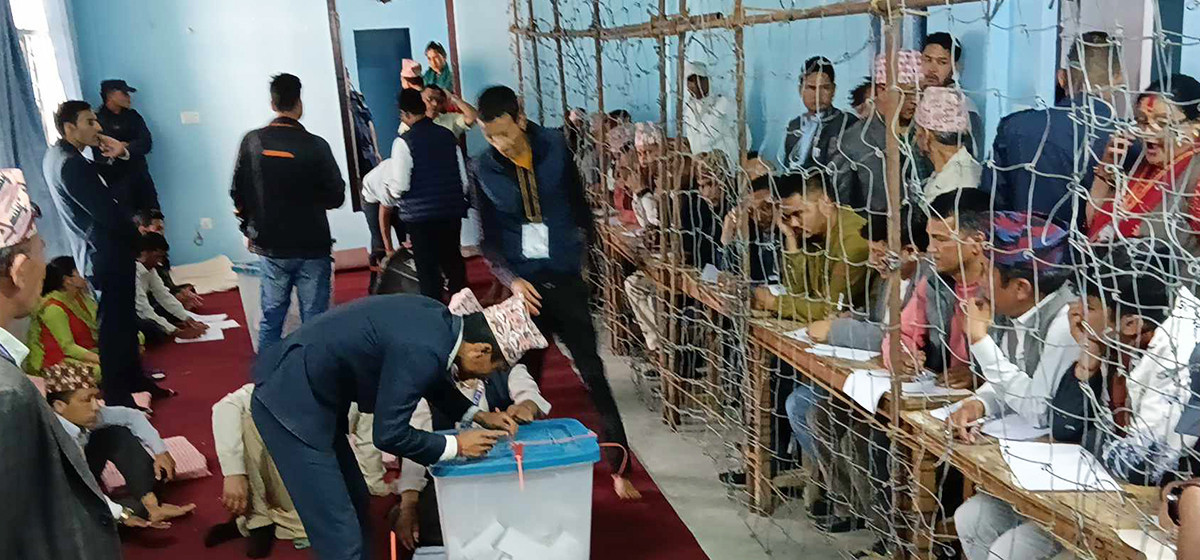



Just In
- Bajhang-1 by election: UML leads again
- Lumbini and Koshi likely to experience stormy conditions
- Bajhang-1 by-election: NC maintains narrow lead over UML
- CIB continues investigation into illegal driving license issuance case
- Hearing on 'murder' case against Agni Sapkota scheduled in SC after 17 years
- Ridi-Tamghas road to undergo a month-long closure from today
- Political party leaders express commitment to ensure consensus to promote investment in the country
- Ilam by-election update: UML's Nembang continues to lead in vote count




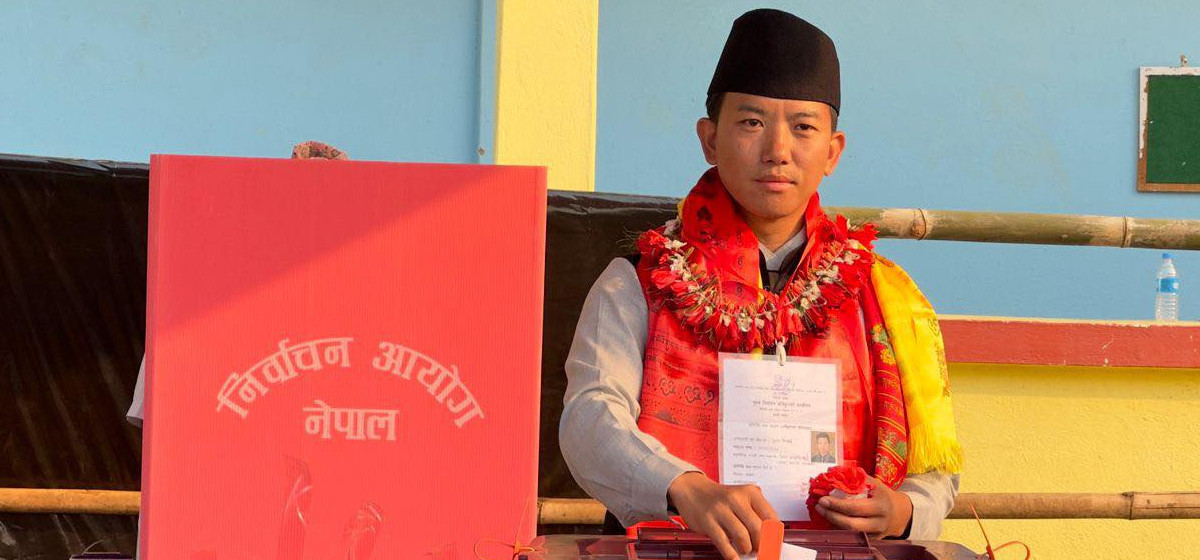


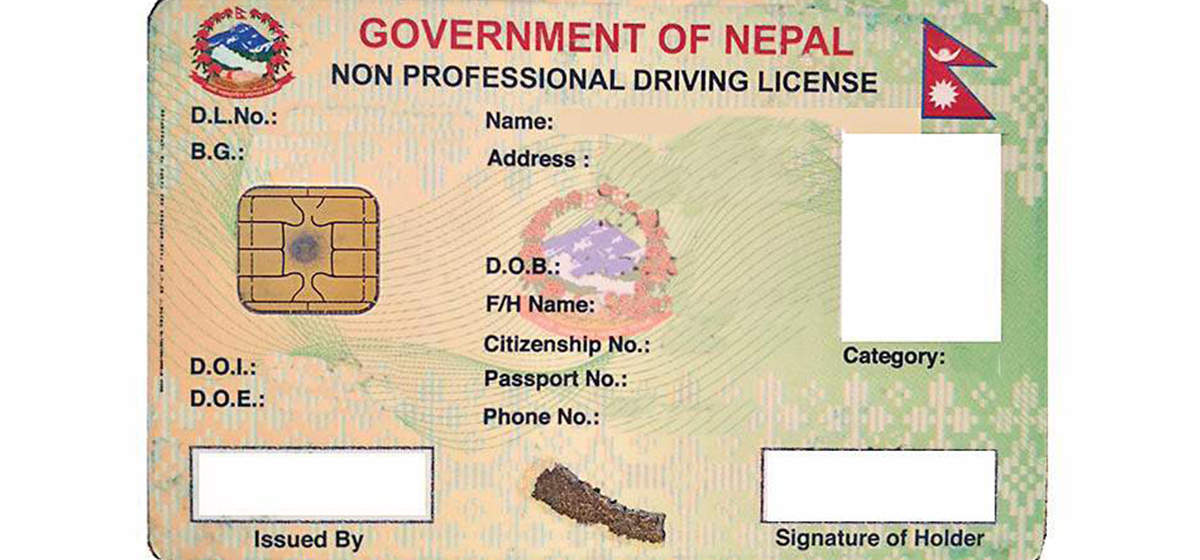
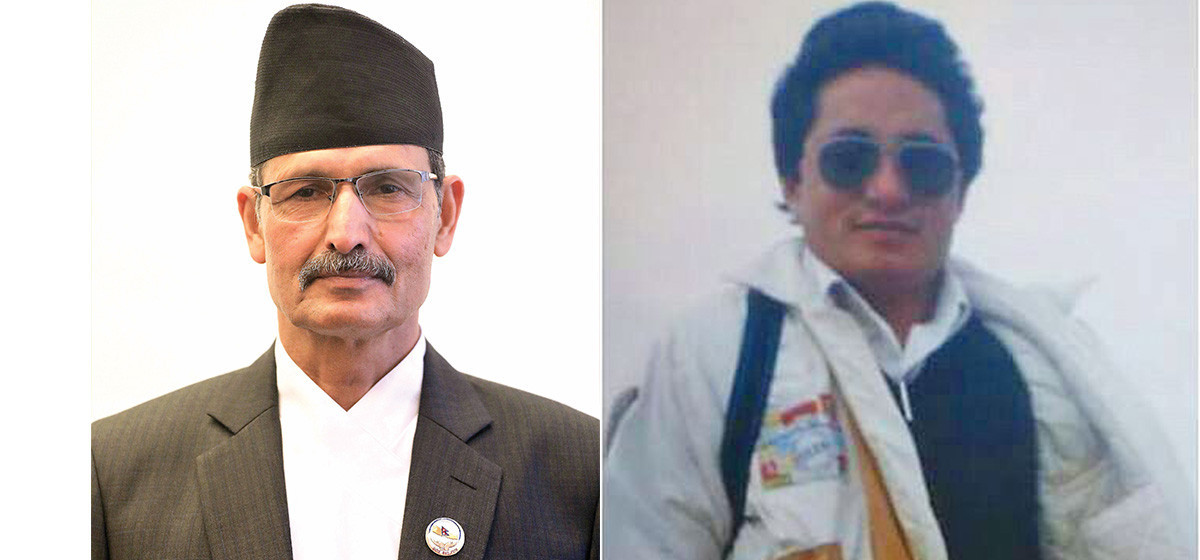
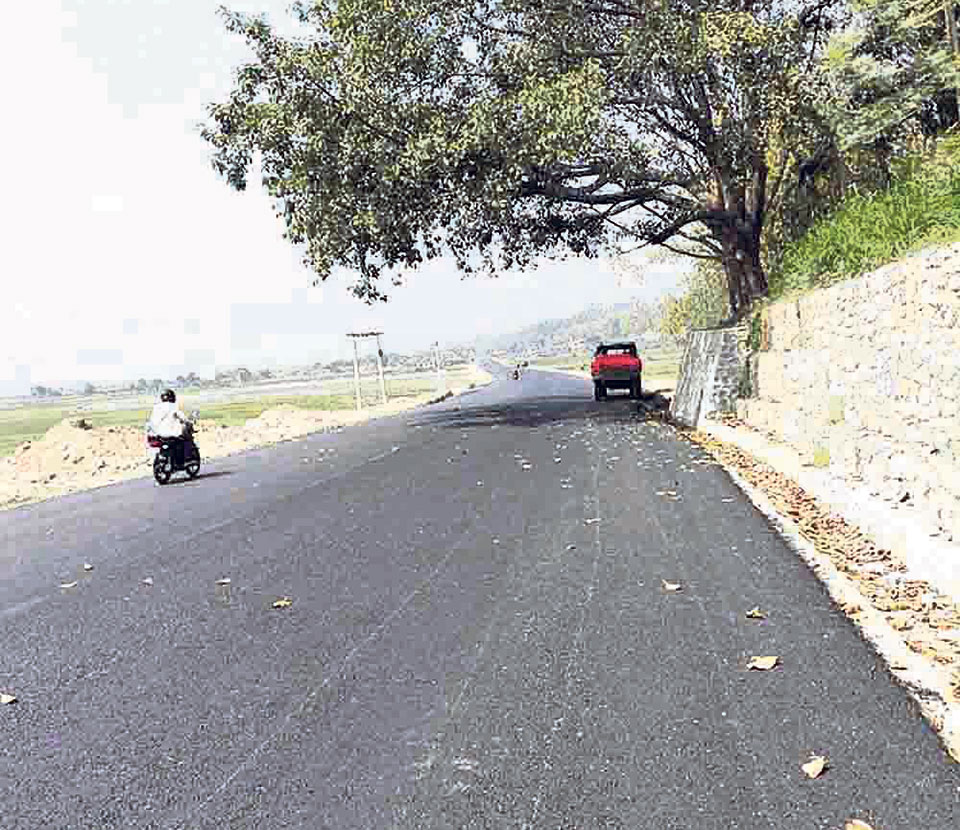
Leave A Comment